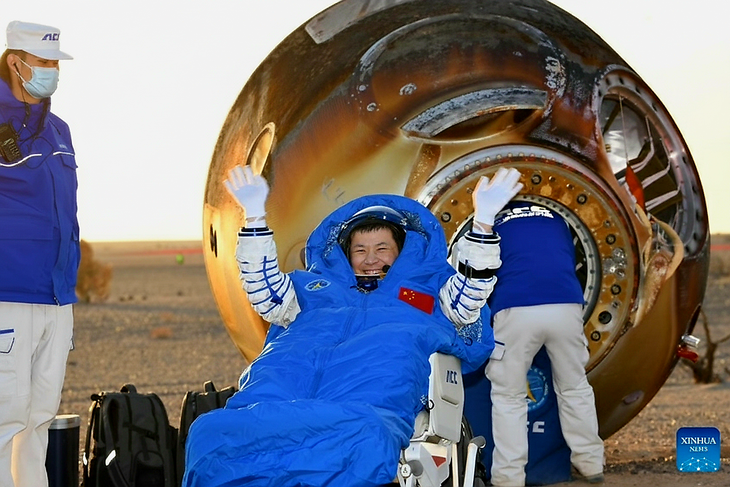
Astronaut Wang Jie of Shenzhou-20 returns to Earth on Shenzhou-21, at the Dongfeng landing site in Inner Mongolia Autonomous Region, November 14 - Photo: XINHUA
Last week, space debris collided with China's Shenzhou-20 spacecraft, forcing three crew members to postpone their return to Earth just before the scheduled time.
The collision created small cracks in the small window in the lander, making it no longer safe to return to Earth, the China Manned Space Agency (CMSA) said.
China has a headache "rescuing" astronauts
On November 14, after a nine-day delay, three Shenzhou-20 astronauts left the Tiangong space station on another spacecraft - Shenzhou-21.
According to CCTV, the spacecraft successfully landed at Dongfeng landing site in Inner Mongolia autonomous region, northern China.
However, China now faces a new problem: how to bring the new crew back safely in case of an emergency.
According to Reuters, the Shenzhou 21 spacecraft arrived at the Tiangong station two weeks ago, but because the Shenzhou 20 crew left the station on this spacecraft, the Shenzhou 21 crew is currently "stuck" in orbit and must wait for a replacement spacecraft to be launched before returning to Earth.
According to safety procedures, if a problem occurs that prevents the astronauts from returning to Earth, an unmanned rescue craft will be launched from the ground to bring them back.
CMSA said the Shenzhou 22 spacecraft will be launched at an appropriate time.
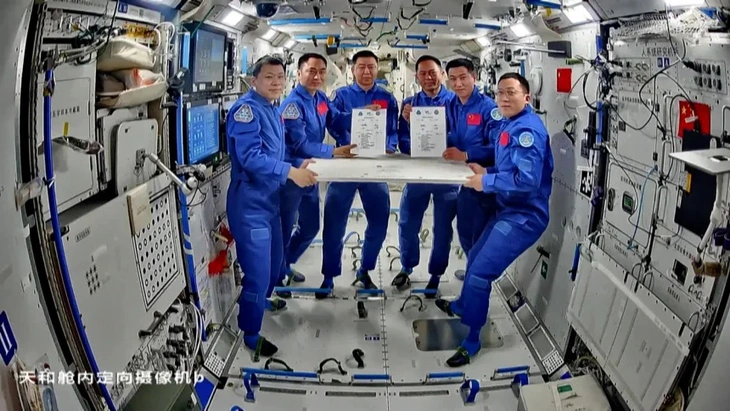
The Shenzhou 20 and Shenzhou 21 crews signed the handover minutes of work on the Tiangong space station on November 4 - Photo: CCTV
Danger from space debris
Space junk - fragments from satellites, rockets or spacecraft - is posing many challenges to space exploration .
The incident with the Shenzhou-20 spacecraft is the first space debris incident to occur with China's Shenzhou mission, but the situation has affected many missions at the International Space Station (ISS).
SpaceX spacecraft, used by NASA to ferry astronauts to the International Space Station (ISS), have had to dodge suspected space debris. The ISS itself has had to adjust its trajectory several times to avoid collisions.
The threat has prompted calls for the United States and China to cooperate to reduce space junk and develop rules to govern satellite traffic.
Although Washington currently restricts NASA from cooperating with Beijing's space program, the two countries have coordinated more closely in recent years to ensure space safety.
Source: https://tuoitre.vn/rac-vu-tru-lam-hong-tau-than-chau-20-phi-hanh-doan-trung-quoc-phai-doi-tau-ve-trai-dat-20251114212213123.htm





![[Photo] Action for the Community tells stories of enduring journeys – both intimate and great, yet quiet and determined](https://vphoto.vietnam.vn/thumb/1200x675/vietnam/resource/IMAGE/2025/11/15/1763179022035_ai-dai-dieu-5828-jpg.webp)


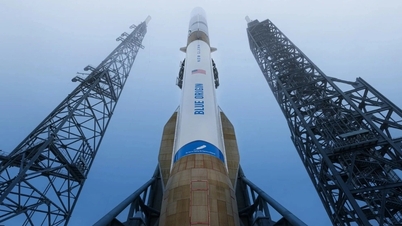

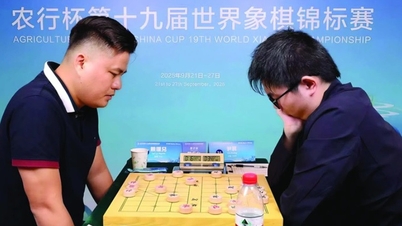
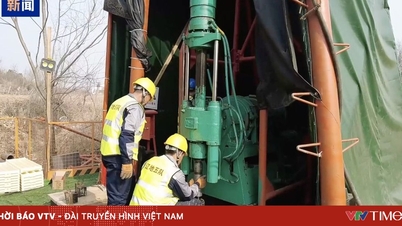

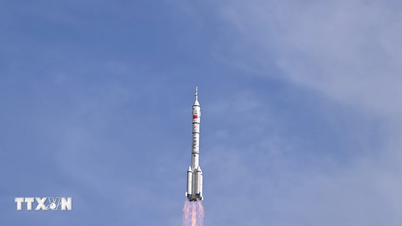

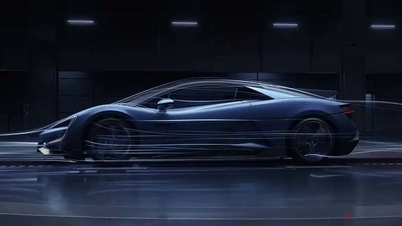



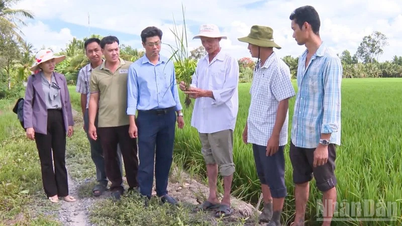

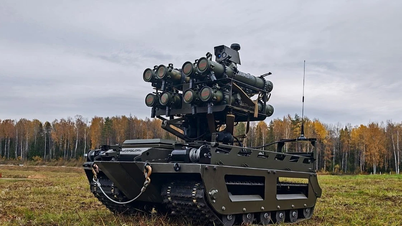

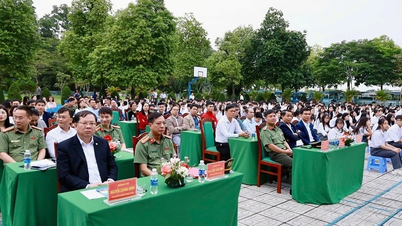

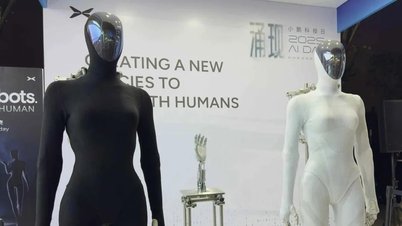
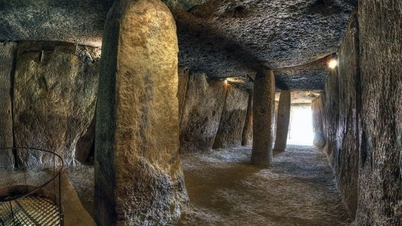




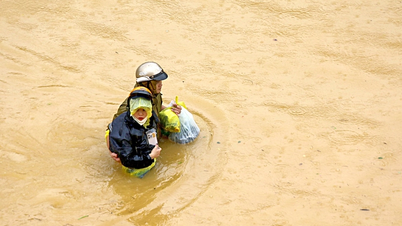
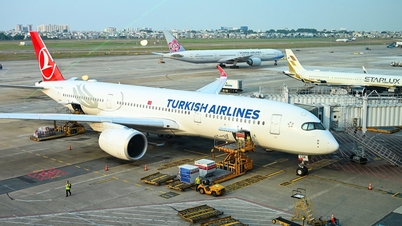
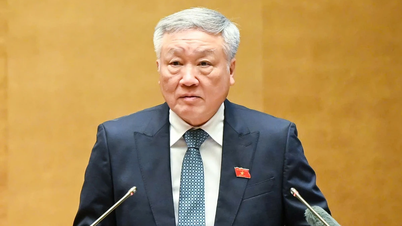
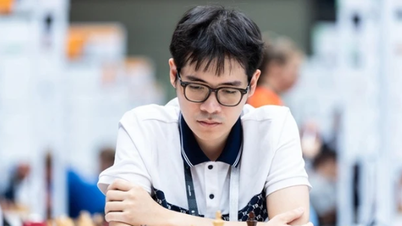
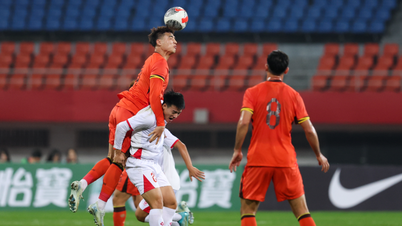
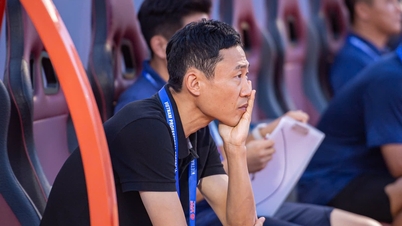
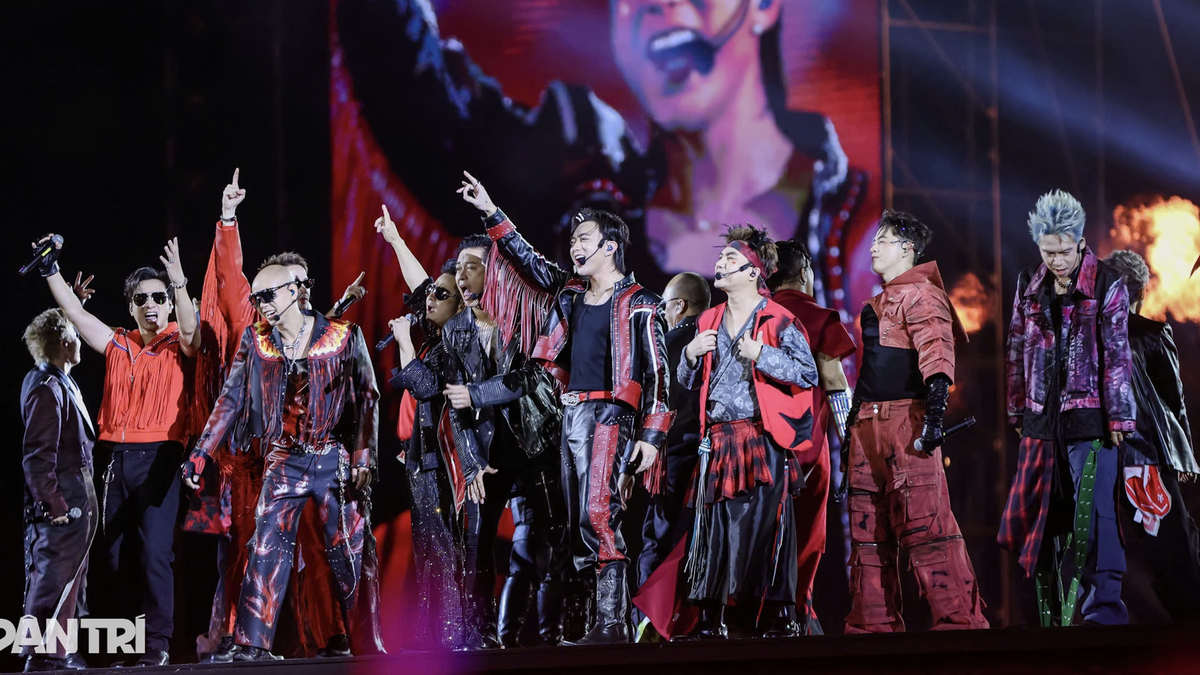









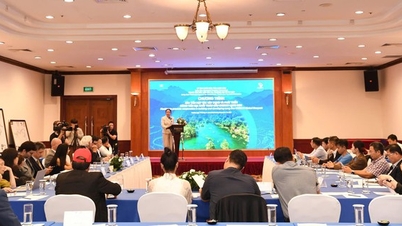

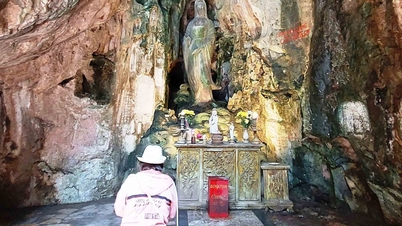


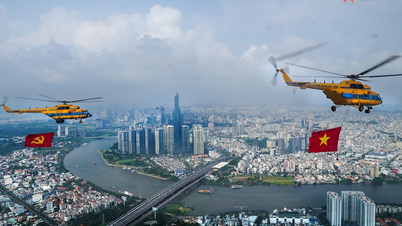

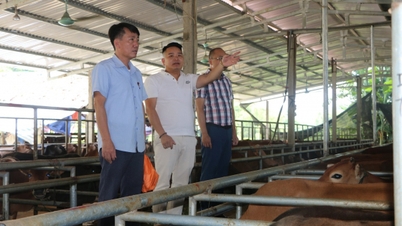



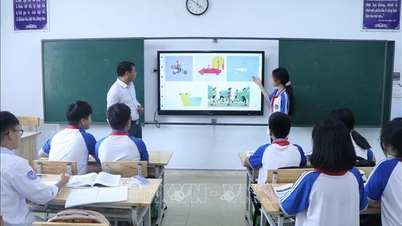

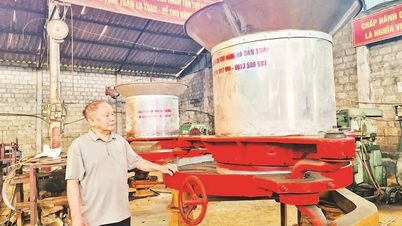
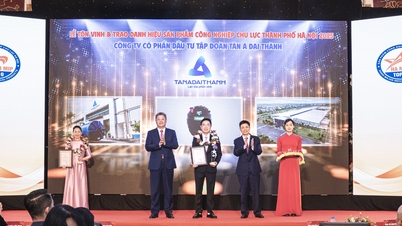














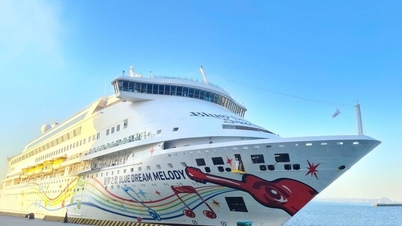
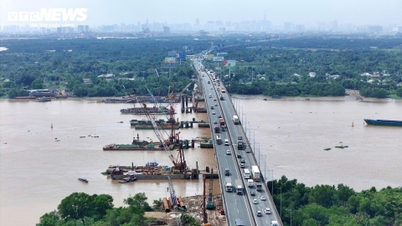





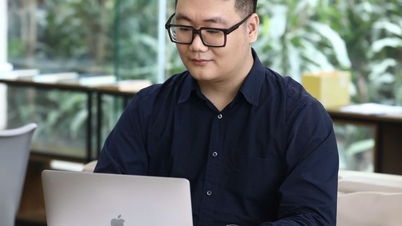

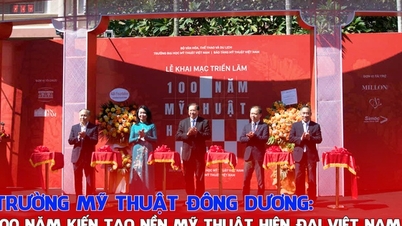




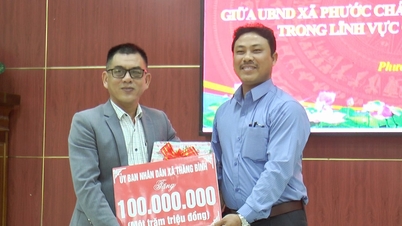

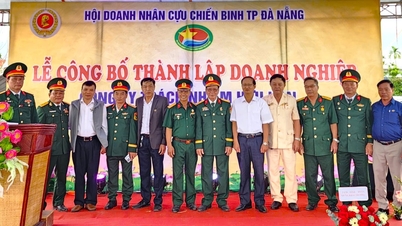
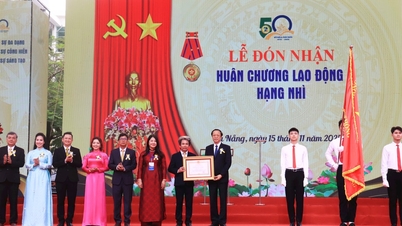
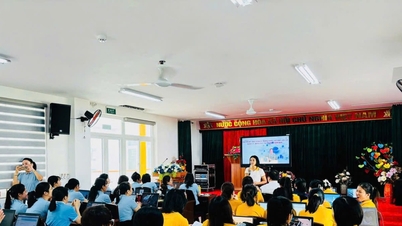
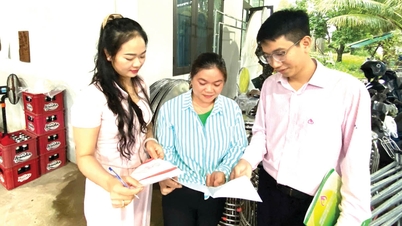








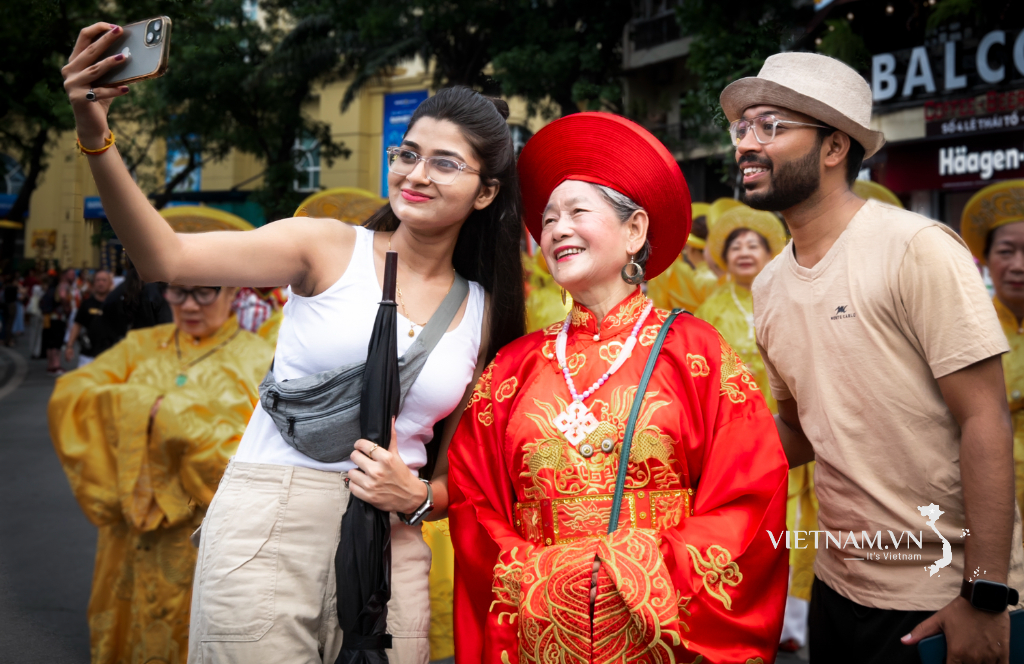
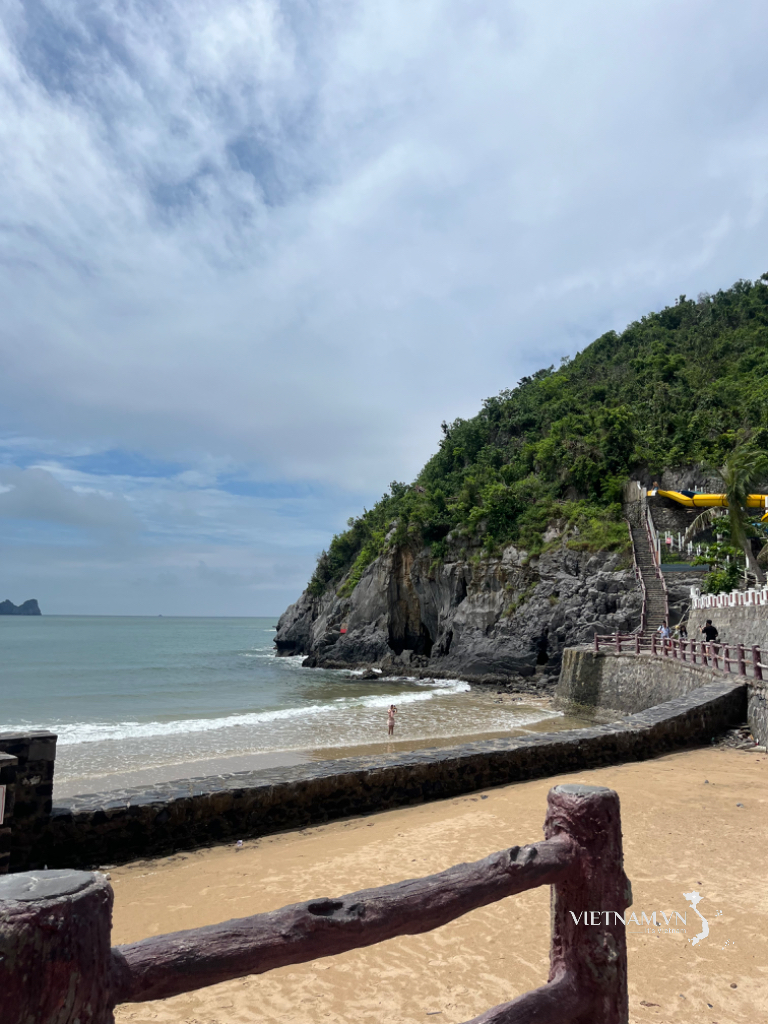


Comment (0)